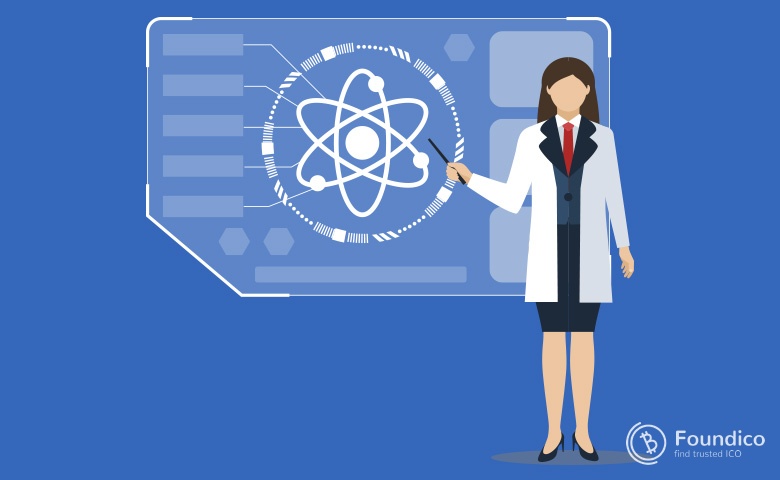What You Need to Know about the Basics of Quantum Computing

Explanation of quantum computing's fundamental concepts, such as superposition, entanglement, and quantum bits (qubits).
The advantages and disadvantages of quantum computing and classical computing are contrasted.
Understanding Quantum Computing
Quantum computing is a revolutionary technology that has the potential to change many different fields, including finance. The fundamental tenets of quantum mechanics, a subfield of physics concerned with the behavior of matter and energy on a very small scale, are the foundation of quantum computing. Dissimilar to traditional PCs, which use pieces to store and deal with data, quantum PCs use quantum bits, or qubits, which can exist in numerous states all the while because of a peculiarity called superposition.
Entanglement, a phenomenon in which two qubits can become linked in such a way that their states are always correlated, even when separated by large distances, is another important feature of quantum computing. For problems involving large datasets and complex calculations, this enables quantum computers to perform certain calculations much faster and more effectively than conventional computers.
Quantum computing, on the other hand, is not without its difficulties and limitations. The difficulty of building and maintaining quantum hardware, which necessitates highly specialized skills and knowledge, is one of the greatest obstacles. Quantum computers, on the other hand, are currently significantly more expensive than classical computers and require specialized operating environments.
Regardless of these difficulties, quantum processing can possibly reform numerous areas of money, including portfolio advancement, risk the executives, and resource evaluating.
